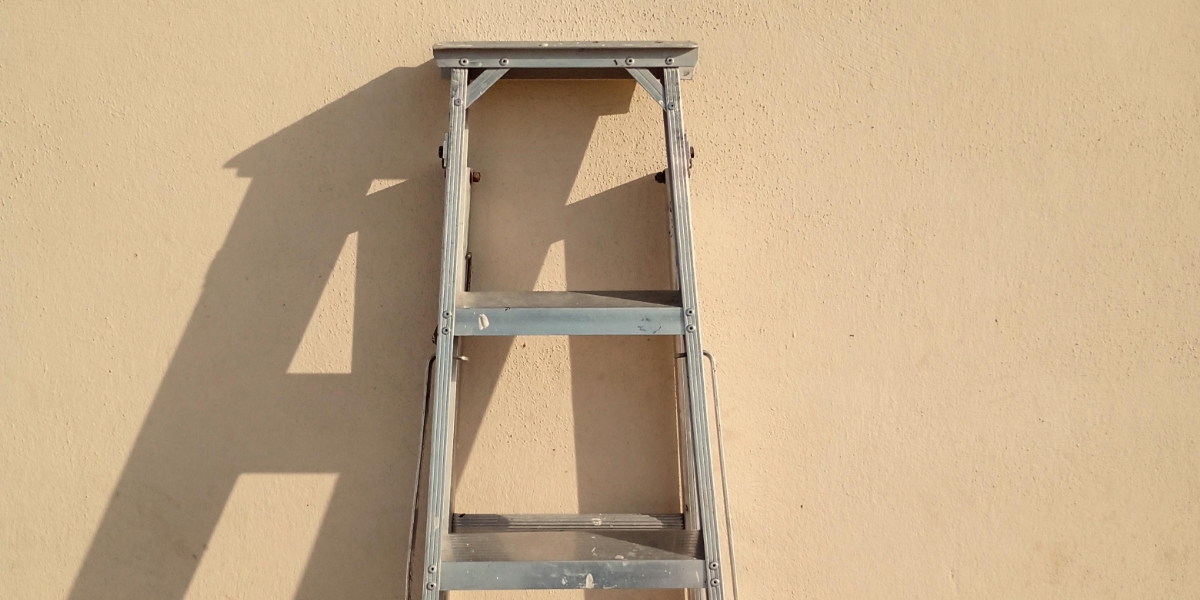Interested in buying your first house? The Home Buyers’ Plan (HBP) lets you use your RRSP, tax-free, to do so. But how does it work and what are the conditions? Find out what it's all about below.
Drive safely and save money on your car insurance
Looking for ways to spend less on car insurance? These road safety tips can save money AND save your life.

You check your blind spots, you come to a complete stop at 4-ways – sometimes you even signal without realizing it in parking lots. But sadly, none of these admirable habits saves you money directly on your car insurance premiums.
But here are a few things that do:
Don’t drive into anything or anyone
It’s kind of obvious: The fewer collisions you have, the cheaper your car insurance will be. Here are some tips to help you avoid crashes:
- More accidents tend to happen at night and during rush hour so, where possible, do most of your driving in daylight and off-peak times.
- Always have sunglasses at hand for whenever the sun moves into your direct line of sight (and everyone slams on their brakes). If you commute to work east-west, you’ll know that at certain times of the year, the sun will be in your eyes for a large part of your drive. Be ready for it.
- Take those extra 2 minutes to clear ice, snow and dirt from all of your windows so your view isn’t obstructed. Clear off your headlights, taillights, turn signals and brake lights, too.
- Make sure your windshield washer fluid is always topped up, so when the salty spray from the transport truck in front of you dries instantly on your windshield, you won’t have to pull over to clean off the glass with cold coffee and a paper napkin.
Also obvious: Avoid tickets
Drive 100% sober 100% of the time. And stick to the speed limit … even when police aren’t around and you think you’re just keeping up with the flow of traffic. But if everyone else on the highway is zooming along over the limit and you want to obey the law, be sure to drive in the slow lane.
Consider taking a defensive driving course
This is an investment that won’t directly reduce your car insurance premiums the way taking a certified driving course would, but that can help make you a better driver. This is especially useful if you’re new to a city where the drivers have unfamiliar habits.
Drive less
Until driverless cars become common, the safest way to drive is to not drive, and the fewer klicks you put on your car, the lower your insurance rates will be. If you’re going on a long road trip, consider using a rental, but make sure that your own insurance will cover you for it, and carry proof of insurance for the rental with you. If not, check whether your credit card offers coverage, or buy the insurance offered by the rental company.
Install an anti-theft device
Some people put theft-prevention devices on their cars in addition to the factory-installed equipment, to save on car insurance premiums. Ask whether your insurance provider gives such a discount. You should also do the math. If the cost of the device and its installation is more than what you would save on insurance, you might be wise to hang onto your money – considering, of course, what potentially avoiding the theft of your car is worth to you. Talk to your insurance provider before taking action.
Other ways to save on car insurance
If you’re a new driver or buying your first car, here are some more money-saving ideas:
- Take a certified in-class and in-car driving course. Yes, these classes may be boring, but it’s so worth the savings down the road (pun intended).
- Don’t share the love. When car-shopping, aim for one you love, not one thieves love. If your car is a make and model high on thieves’ hit list, your insurance premiums could be higher. Check the stats from the Insurance Bureau of Canada.
- Newer sometimes costs less. In years past, you could expect to pay more to insure a newer model of the same car, as sticker prices and repair bills tended to rise over time. That’s not always true now, however. The introduction of anti-lock brakes, multiple airbags and other safety and anti-theft features on newer cars is resulting in fewer claims and smaller losses. This means your insurance premiums may in fact be lower on a new car.
- But older can also cost less. If your car is older and not worth much more than what you’re paying for insurance, it may make sense to drop your collision coverage, which insures you against damage to your own vehicle.
- Shop around. If this is your first time getting car insurance, get quotes from several providers. Ask about what kinds of savings are available and applicable to you, such as:
- Student discounts
- Accident forgiveness for your first or even second (with some insurance providers) at-fault accident
- Saving by pairing with home or tenant insurance
- Multi-vehicle discounts – if you and your spouse both have cars, you may be able to save by insuring them on the same policy


